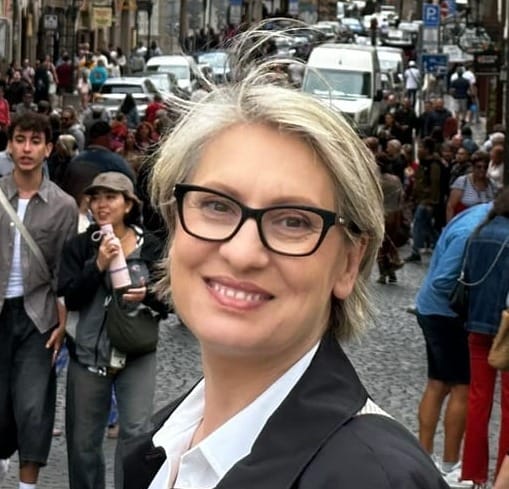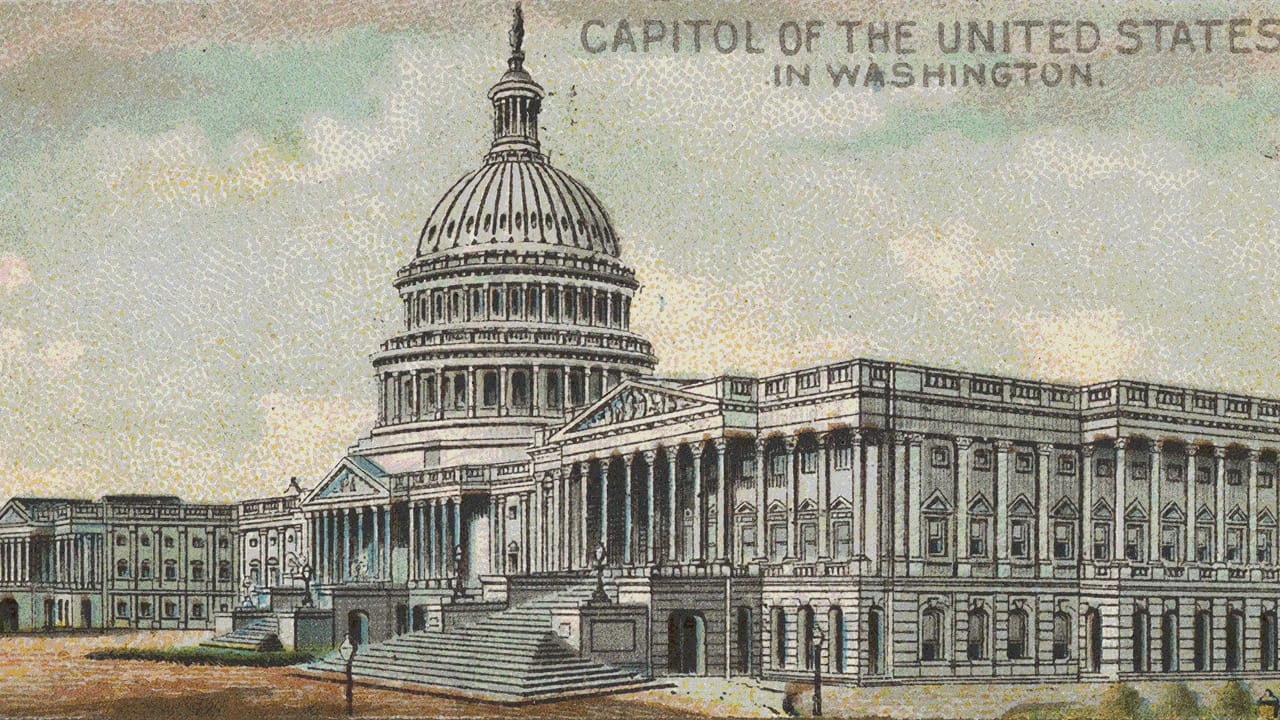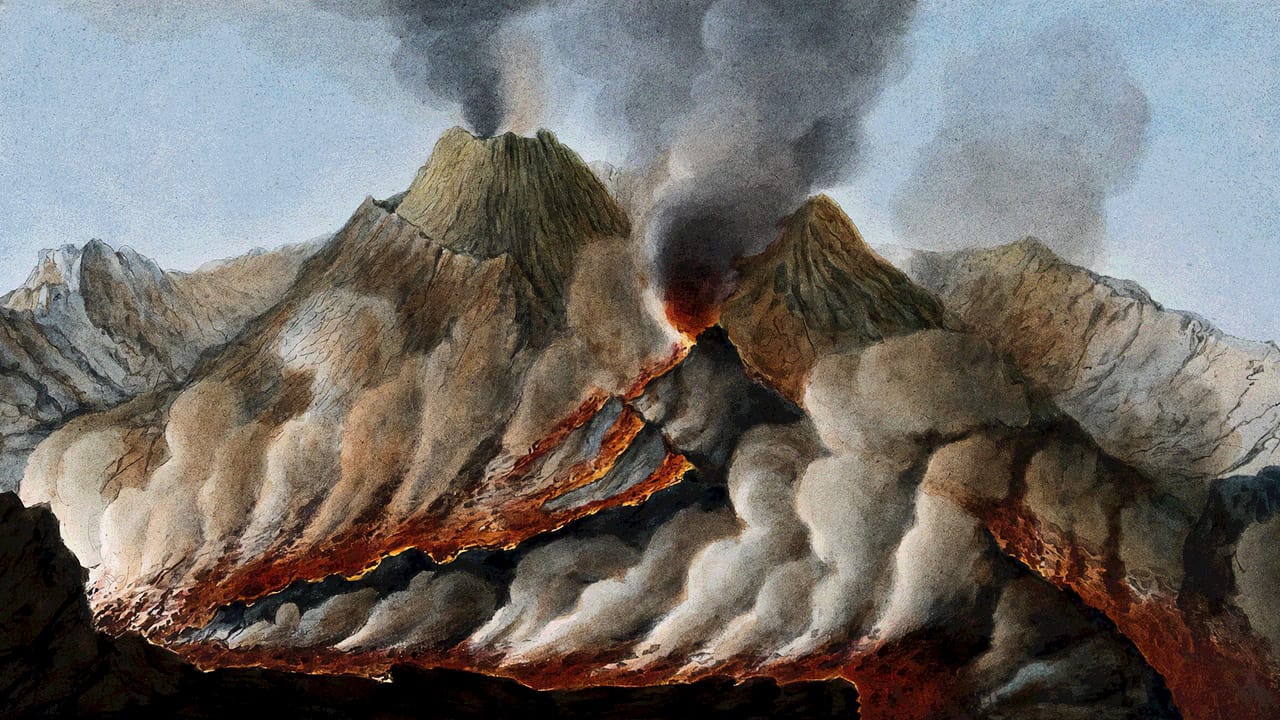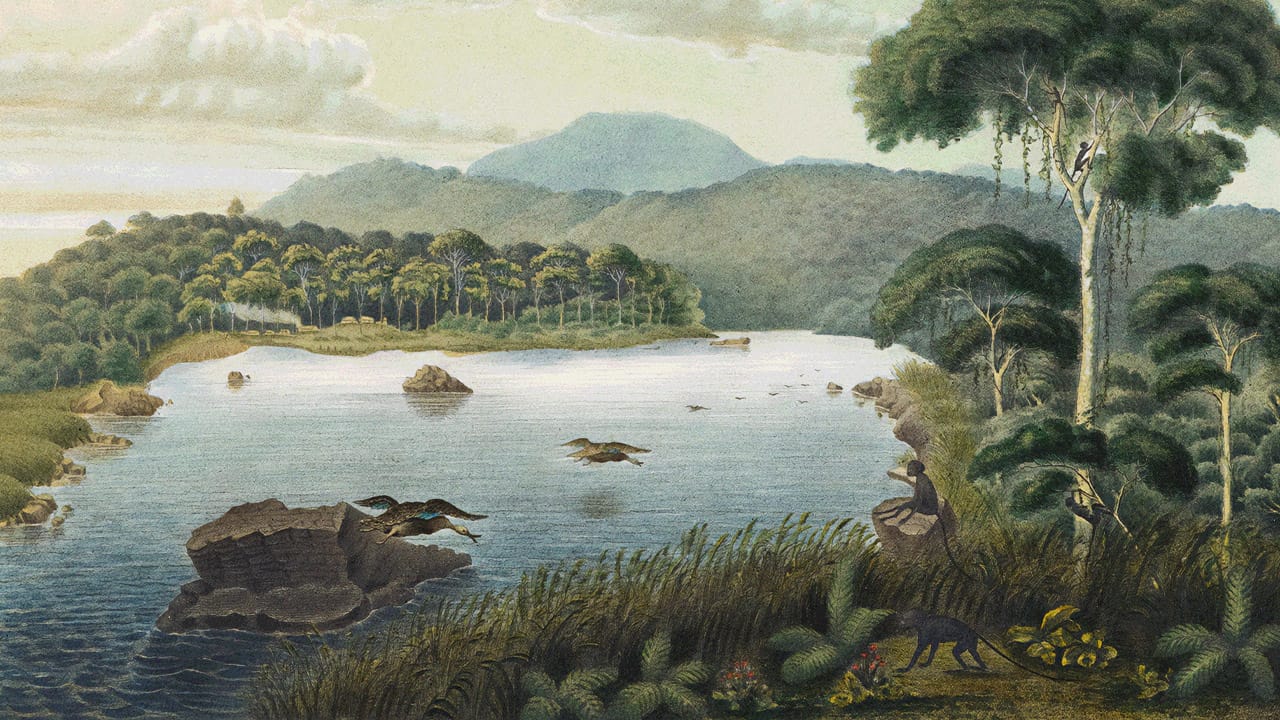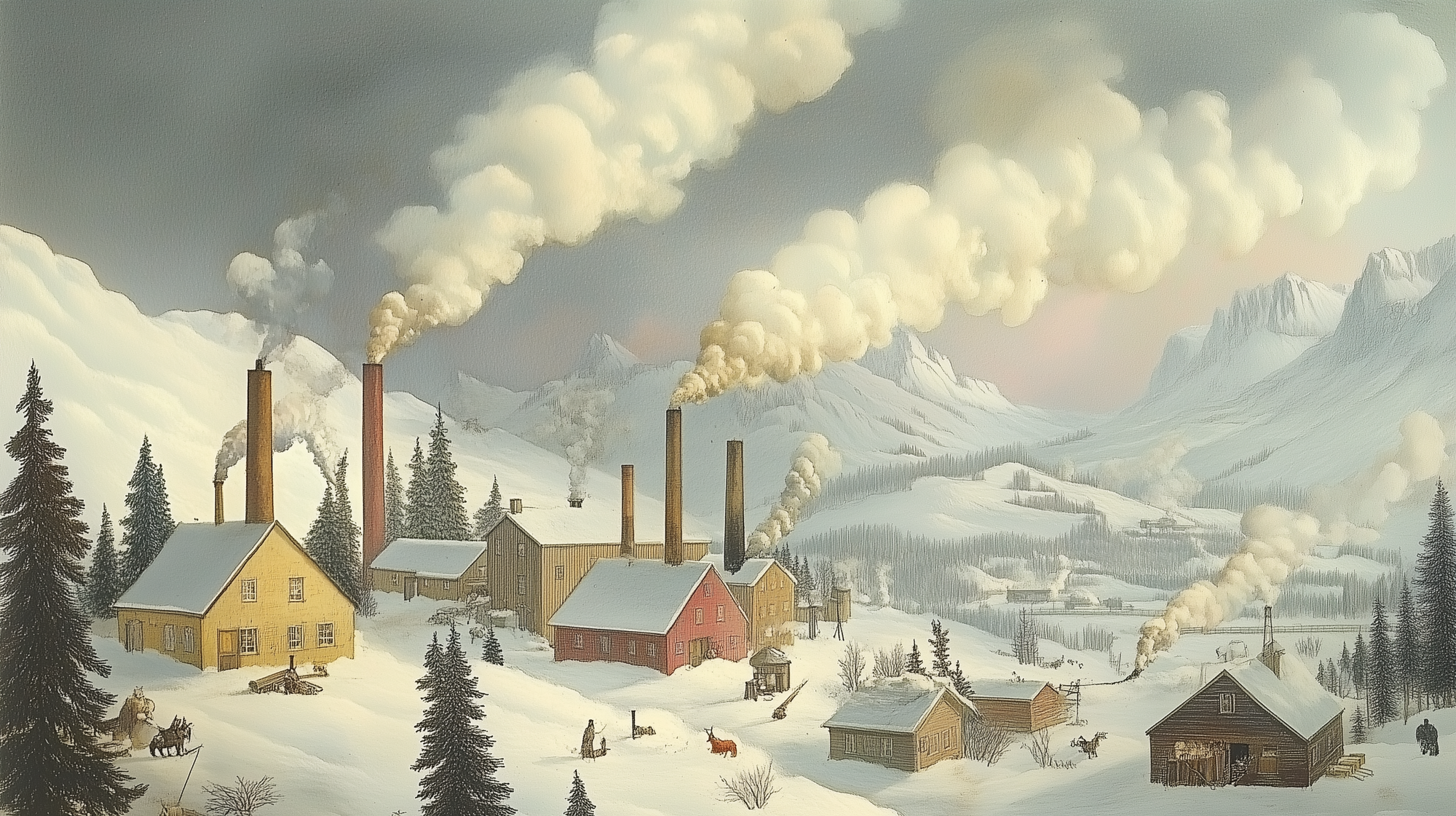Sabrina Shankman covers the climate crisis for the Boston Globe, December 14, 2023
Sabrina Shankman covers the climate crisis for the Boston Globe as part of the Into the Red team. She joined the newspaper in 2021 after reporting for eight years at Inside Climate News, where she covered the arctic. Prior to that, she helped produce shows for PBS/Frontline and reported for ProPublica. She has reported on polar bear attacks from a helicopter, stayed in man-camps on Alaska’s North Slope and tracked the path of a terrorist through India and Denmark. At the Globe, her work helps readers understand climate change-fueled extreme weather events, the emerging science and policy of climate change, and the work being done at the state and regional level to address the crisis. Her work has won national recognition, including from the Society of Professional Journalists, the National Headliner Awards, and the Society of American Business Editors and Writers. She got her start as a crime reporter at the Taunton Daily Gazette, and has a masters in journalism from U.C. Berkeley.
Djurdja Jovanovic Padejski: My first question is, do you use environmental terms spontaneously, or do you have a process where you go through selecting environmental terms for your articles?
Sabrina Shankman: Well, I think because I've been on this beat for more than a decade at this point, there are certain terms that I've become very comfortable using, but I still interrogate those terms to make sure that they make sense and that they're being explained clearly. For instance, one that we talk about all the time is net zero, which is not something that readers necessarily understand. So we are constantly looking at that term to see how we could best get at the idea accurately without necessarily using the words "net zero" unless we're at a part of the article where we can fully define what that means.
DJP: How do you approach the challenge of conveying complex environmental issues to a diverse readership?
SS: At the Boston Globe, the readership is a general readership, as opposed to InsideClimate News, where it was a more specific readership that was very well-versed in the issues. A lot of what I'm doing is making sure that there isn't a barrier to getting to the work. It's like what I mentioned about net zero—it's looking at terms to see if somebody really understands that.
I mean, these issues are inherently complex, especially the stuff that I write about related to clean energy and some of the solutions there. So, it's figuring out, okay, well, first, what's technically accurate? Often, I'm talking with the experts that I'm interviewing, and I'll say, "Okay, I can't use that term you just gave me. So what's another way I can say it?" And then they'll give it back to me with a ten-word definition. There's no way I can use that. I'll say, "All right, well, in my mind, that means this. Would it be accurate for me to say it this way?"
So, whether it's clean energy analysts or scientists, because I write about a lot of academic research, I will really workshop a term to take it from the technical language to layman's language that people can understand. I'm very aware that doing that on my own, as someone who doesn't have a technical background, could just render it completely inaccurate. So I do it with the expert to make sure that it's going to convey what they want it to—or what it needs to—without confusing the readers.
DJP: In which way do you feel that words and phrases used in environmental reporting play a role in how the readers perceive it?
SS: I think there are a lot of different ways that it can play a role. It can alienate readers if it's too complex. It can turn someone off because they don't understand it. A lot of the terms with climate change can be very loaded for readers, and so it can communicate a bias—either in alignment with climate activists or in opposition to them, depending on what terms you choose.
I think it can also underplay the seriousness of the issue. There's a lot of language that's used around climate change in the same way that it is for social justice and issues of racism that can dramatically underplay the seriousness of the issue. Our failure to use the word "racist" for a racist attack also transcends over to climate change when we don't speak in clear enough terms about the stakes of climate change.
DJP: In your opinion, what is the relationship between the terms and the content?
SS: I think the terms in some ways are the content—or maybe the terms are like the framing for the content. They are the context for the content because the terms you choose can really change the takeaways.
So it's a matter of, you have to be thoughtful of, like, "Am I choosing the accurate word, or am I choosing the loaded word? And if it's the loaded word, is it fair and accurate for me to be doing that?" In some cases, it makes sense. If I'm paraphrasing an activist who speaks in loaded language, I can use that loaded term and attribute it to them because that's correct.
But if it's just a section of an article where I'm summarizing things or using my own language, I'm not going to do that because I don't want to give the perception that I'm a climate activist. I'm not. I'm a journalist.
DJP: If you paraphrase an activist or quote an activist and they use loaded language, are you going to also make sure to include the part where you explain further?
SS: I think quote selection is a tool that I use more than defining terms. If I'm quoting an activist, for instance, again on the clean energy side, activists talk a lot about hydrogen, which is a kind of fuel source that can be made from renewable energy like wind and solar. It's something that the gas company really was like, because if they could put it through their pipes, they don't have to change their business model.
But activists have a lot of different problems with it, having to do with a litany of things. So they're often quoted when I'm interviewing them, talking about hydrogen. But I can't just write "hydrogen" because it is this incredibly loaded thing. So I won't quote unless it's an article that's explicitly about it, where I've already laid the groundwork and explained what this is, why it's dynamic, and what's interesting about it.
I would paraphrase and say something about, okay, so like an example that I'm going to make up, an activist says, "I'm tired of these gas companies putting forward ideas about hydrogen when we know that's just a sham. They want to continue to perpetuate their business model."
I might say, so-and-so activist said they were frustrated to see the gas companies backing fuels that they said were not actually good for the climate. Then quote the person. Right? So it's like really zooming out and simplifying and avoiding the terms altogether unless it's an article that is allowing me the space to really delve into it.
DJP: What is your opinion on style guides? Do you deploy a style guide and if yes, how so?
SS: I would love to tell you that I'm using style guides. I am not using style guides. I mean, we have a Globe style guide. That is like our version of the AP Stylebook, and a lot of it is AP style. Some of it is specific to the publication. So what I write adheres to those guidelines, but that's not really dealing specifically with environmental stuff.
DJP: What do you think about The Guardian style guide? For example, they use "climate crisis" instead of "climate change."
SS: I have adopted some of that on my own. I often write "climate crisis," but not exclusively. I don't adhere to a hard-and-fast rule on that. Some of it is just in writing—you want to use varied language.
For example, if I'm writing about the town of Leominster, Massachusetts, receiving 11 inches of rain over the course of three hours in a storm that scientists say was clearly fueled by climate change, I have just described a crisis. To my mind, it's okay for me to say "climate change" there instead of "climate crisis" because I have communicated the urgency of what's going on.
DJP: How do you make sure you have accurate and consistent terminology that you use across different stories? You said you don't have an official environmental style guide, but I am curious if you are conscious of how the terminology is evolving.
SS: I'm definitely aware that it's evolving. The "net zero" thing is a big one because Massachusetts has an explicit climate law that dictates we have to get to net zero carbon emissions by 2050.
But "carbon emissions" is not a term that necessarily means anything to people, and neither is "net zero." So I don't always use them, because I try to use varied language, which is another part of my job. Instead of saying "to hit net zero carbon emissions by 2050," I might say "effectively eliminate climate-warming emissions by 2050."
That means the same thing because it's effectively eliminating it; it's not actually eliminating it because there is still some amount. But you have to suck out at least as much as you're still emitting. So, it's effectively eliminating, and it's not "carbon emissions." Carbon emissions are climate-warming emissions. So it's substituting that language in so that it's more accessible.
DJP: As a reader, my general impression is that I don't have an idea how this elimination of climate-warming emissions is going to happen. I assume it's because this is a very complex issue, right?
SS: Any one article that you write about climate change involves a dozen or more very complex things, but you cannot explain all of them in one article, at least not in a newspaper.
At InsideClimate News, I had a lot more latitude. You could write really long—you could do a whole lot of things. This is shorter, and you want to keep people's attention. I am never really explaining more than one or two very complex things because I want to make sure that I have the time to do it in a way that actually communicates the complexities so that someone can receive them.
That means that not every article does everything. That's one of the complaints that you hear from readers all the time: "You wrote this story about clean energy. But why aren't you writing about our need to adapt to the rising seas and the fact that water's coming up at my house in Scituate?"
That was not an article about rising seas. I've written those articles. I will continue to write those articles. But as a beat reporter on climate change, it is the body of my work that will tackle those things—but not every single article, because those articles will be unreadable. No one will read them.
But yeah, I mean, it is a problem. I kind of think more broadly and step back and say, okay, well, I have spent a good amount of time on these questions of mitigation and how to decrease or eliminate emissions from, say, buildings and vehicles, and looking at the gas industry, looking at what the politicians are doing, but am I doing enough?
Am I also looking at environmental justice groups and how people who are on the frontlines of climate change are adapting and dealing with this, or what funds are available for them? Am I looking at the science of it? Am I looking at the clean tech innovations that offer some really interesting promise?
Am I looking at youth activists? Climate change encompasses a huge umbrella. My goal to do a good job is to be able to step back and say, am I covering the breadth of this to the best of my ability?
Fortunately, I have been the only reporter on climate change at the Globe for a little while because we've had some open positions. They are being filled in the next month, and then I don't have to do all of them all the time. We'll be able to kind of pick lanes and spend more time in our own lane, but you just can't do everything with one story, so you have to look more at the body of work.
DJP: What you are saying is that we need more resources in newspaper offices to effectively cover the topic, but there are so many topics within.
SS: When I came to the Globe, because I was the Globe's first-ever full-time climate change reporter, we had to think about how we wanted to do this.
One of the intentions that we have—and it's worked to some extent, but we're hoping to do more of it—is to make it so that there are climate change beat reporters like myself and the two colleagues that are being hired. But that there's also a really strong vein of climate change reporting across the newsroom.
So that people on the education desk are also writing about climate change, and people on the business desk, and in politics, and sports. Every single beat is a climate beat if you're looking at it through the right lens and looking for those stories.
A lot of those reporters have reached out to me because they have done those stories. I might send them a couple of paragraphs to give them some science or background or a source or two.
Part of what I view my job as is to empower those folks in the other parts of the newsroom to recognize, "Yeah, it's a climate story, and it's my story because it's on my beat. I'm going to tell that story."
DJP: In all this complexity, you are engaging different stakeholders. Are you conscious about how you attribute agency to different stakeholders in environmental narratives?
SS: Most of my work is on that. My background is really in accountability reporting. So a lot of what I've done since I came to the Globe was say, "Okay, well, we've got these legally binding targets on the books. How are we doing on them?"
And what are the forces that might be moving this forward faster and also slowing it down? Looking at those layers of influence and what that might do, and an example of that is that, you know, obviously most emissions are coming from buildings and vehicles, especially in Massachusetts where there are no fossil fuel refineries or anything.
When I came in, I started looking at the energy efficiency program that the state runs, which is to help people be able to do things that are more climate-friendly—like getting heat pumps and insulating their homes, getting new windows, new light bulbs, and that kind of thing.
That program in Massachusetts is run by the gas and electric utilities. So there's like an interesting dynamic already. Because the gas companies—their business model kind of depends on being able to keep doing what they're doing.
So they’re not necessarily on board with the climate thing, although they say that they are, and they do a lot that's in lockstep on climate change as well. So you can't paint them with a broad brush.
But it turned out when I started looking at it, they were still offering incentives for new oil furnaces. So this is our best tool in a state that has one of the most proactive climate laws.
And you can get a deal on energy savings because you can get a deal on your new gas furnace. And it turned out there were all these incentives through this program related to the perpetuation of the gas industry. In particular, there was this oil thing, but also the gas.
So I spent the first six to eight months of my time at the Globe writing story after story about how that influence was playing out and how it was resulting in very few heat pumps being installed.
And how people in poor neighborhoods were getting hardly any help at all at that point, and about efforts from politicians to try to change it.
Eventually, there was some very significant change that was made to that program. You expose who's who, who the actor is, and what they're doing.
You expose what the ramifications of that are and then follow up with an article talking to legislators about what they are doing about it. Writing a story about all the different things that are being proposed to change the status quo and then following it up for a long time is a big part of what I've been doing.
DJP: I also wanted to ask you this—when we are speaking and writing, we make unconscious decisions before we make an utterance. And that unconscious decision entails a grammatical structure that we're going to apply. We don't even think about it, but by employing certain grammatical choices, we do give agency to certain players. Do you ever think about that?
SS: Yes. I do think about that, and especially there's a point when I'm working on a longer article toward the end where I try to, like, zoom out and examine where my unconscious bias may have played out. And if that has altered the story or if my own judgment is affecting the story.
An example of this is I was writing a story about this town called Douglas, Massachusetts, that despite all the work Massachusetts is doing on climate change, recently applied to get a new gas franchise.
It had been a town that did not have natural gas, and now it was applying to the state to get permission to build new gas pipelines in the year 2023. That would be around for many, many decades and just didn't make sense with the climate goals.
So I do a million interviews about all the reasons why people are upset about this. I find background emails where you can see that the town was working to deliberately hide this work from activists. They were saying in the emails, "Don't let them know about this because they're going to make a stink."
Then I got to the point—I’m almost about to publish—and I had talked to the town about it, and they had told me their side kind of quickly. And I got to the end of it, and I'm reading through the article, and I was like, gosh, it sort of seems like the town—not the energy companies, not the other players—but that the town is the bad guy here.
And that just seemed strange to me. So I picked up the phone, and I called the town back and said, "I’d like to ask more questions." I had asked these before, but I asked them again, "Why are you trying to get this gas franchise? And why does this matter to you?"
And they had this incredible story about this town that had been suffering because of the changes in industry and loss of tax base and all these things. And they felt like they had been told the only way they could attract more businesses was to build these gas lines.
So they were doing as much as they could on climate change. They were actually doing a lot of things in terms of solar panels and EV chargers and you name it. But they were in a tough spot.
So I did that interview with them, and it completely changed my thinking about it. I reframed the story. I opened it up with the town of Douglas and kind of set the scene for this very complicated situation that they ended up in.
And I still included everything about the advocates and the activists saying, "This is not what we should be doing in 2023. It works against our climate goals. It's not in our interest."
But I made sure to present the story deliberately in a way that allowed for a reader to be open to the nuance that this town was faced with. And that was very intentional with the language that I used and with the structure of the story, too.
DJP: You said the town—they have been told. So how do they know for sure that what they were told was what they needed to do?
SS: They were told by a warehouse developer that a warehouse could not be run on electric power—that they couldn't run it with heat pumps.
And this is a developer that puts warehouses all over the country, so they must know. Another thing I did at the last minute was that I reached out to the state and I said, "Do you happen to know—are there any electric warehouses that have been built in the state?"
And they were like, "Yeah, there's lots of them." They got me the numbers to show how many had been built and how many were being proposed or developed. And it was quite a lot.
There were other problems too, like the electric grid couldn't sustain what the demand was—that's what they were told. But even there, based on the emails that I saw, the back-and-forths as they were applying for these gas rights to get the new pipeline, it wasn't clear that the electric companies had actually fully investigated it.
DJP: So it is a very thin line between corruption and incompetence?
SS: 100%. And that's what that article was all about, because someone in the advocacy space had done a big Freedom of Information Act request and got this trove of emails, which they then gave to me. And that was what the story was based on.
In all this, it was still important to say that these people in this little town are not like twirling their mustaches and trying to get rich off this gas pipeline. They're not trying to undermine the state's climate goals. They're trying to find a tax base so that they can hire a new firefighter and keep their library open.
DJP: What is the most important environmental issue the media should address today? And if you can elaborate, please.
SS: It's funny because part of me wants to say it’s shining a light more aggressively on the actors that are standing in the way of climate action in particular, like there's this new face of climate denialism.
You can't, as a company, you can't now go out and say, "The climate's not changing." There are people that say, "The climate's always changed," especially on social media. But as a company, you can't get away with that anymore.
Instead, you get away with things like, "We're making big. We at Saudi Aramco are making massive investments in carbon dioxide removal." So it’s the greenwashing on one side. And on the other side, there's all the various carbon trading schemes, some of which are completely bunk.
There's the right-wing think tanks that are funding and providing legal support to local grassroots groups that are ostensibly conservation groups but are actually fighting against offshore wind, tooth and nail.
There's all these different tentacles of opposition. Whereas there used to just be this monolith of denial. To me, as someone who focuses on climate and accountability in particular, that is the most important.
But I also think there's a very strong argument to say that the idea of agency and what people can do and what people are doing is also equally important, if not even more important, perhaps, because the planet needs people to be engaged on this and to be doing what they can and to feel like they're cognizant of the things that are being done.
So that's why my brain kind of went two different ways.
DJP: The whole point of my research is complexity versus how to put it in words for everybody. We need people to get educated to recognize all the finesse of climate denialism, which is really hard. So it is an underlying challenge of your job. It seems incredibly difficult.
SS: Very. It's a very engaging challenge that has a lot of urgency around it. That makes it very satisfying. I feel like the stakes are always very high. I get very panicky before I publish a big article.
I call 15 different sources who represent different stakeholders to be like, "Is this accurate? Am I crazy? Like, this is how I understand this. Does this make sense? Is this accurate? Does this read as fair and accurate to you? Does this sound reasonable?"
And I kind of need a little bit of consensus around some of these things because I'm not an academic.
DJP: Do you consider that your role is to report and educate?
SS: Both. I mean 100% both, because I think the reason I wanted to come to the Globe from InsideClimate News—that I loved and where I felt like I did really important work—was that with the Globe, what I wanted was to invite a bigger group of people in.
That means bringing them along. It means educating them. A lot of the early stories that I did were very deliberately thought of as an early climate education for the readership of the Boston Globe to build up a baseline of knowledge so that we could engage in more complexity as we went on.
I was also doing a lot of contextualizing of extreme weather events and climate reports. Let's look at what the last 20 years of winter extreme lows and extreme highs have looked like, and what the data tells us about how climate change is playing out.
And then let's look at what these National Climate Assessments and other Massachusetts-focused reports have said about what we should expect going forward. It was very much like Climate 101 in a lot of the articles, and I still do some of that. That's the education piece of it, and people really respond to it.
DJP: The last question is free association. I'm going to read to you some words, and you're going to give me your first association. No right or wrong answers, no judgment.
DJP: Resource.
SS: Rich.
DJP: Landscape.
SS: The architect. Nature-based solutions.
DJP: Complexity.
SS: Climate change.
DJP: Socio-ecological systems.
SS: Environmental justice.
DJP: Pipeline.
SS: Natural gas.
DJP: Carbon footprint.
SS: Private jets.
DJP: Environmental justice.
SS: The front lines.
DJP: Pollution.
SS: Tanks.
DJP: Fish stock.
SS: Carbon.
DJP: Climate deniers.
SS: Exxon.


